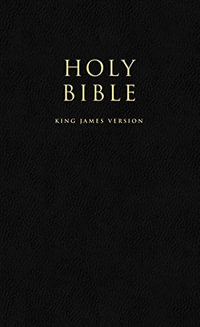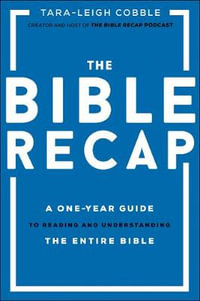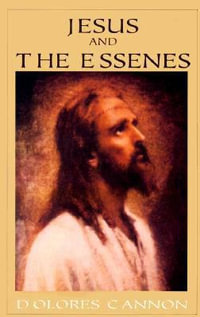The aphoristic form conveys universal truths in a distinctive, compressed format. Such sayings go straight to the heart of the matter and linger long afterward in the memory. Curiously enough, the greatest aphorist of all time, Jesus, often goes unrecognized as such; and, more importantly, his aphorisms--a major part of his teachings--have been largely overlooked by biblical scholars. Now, In Fragments offers the first comprehensive analysis of Jesus's aphorisms as an area of study distinct from, but equal in importance to, the parables and dialogues. The heart of Crossan's groundbreaking work is his discussion and interpretation of over one hundred thirty aphorisms of Jesus culled from the narrative Gospel of Mark, the discourse Gospel Q, their dependent versions in Matthew and Luke, and their independent versions in such works as the Gospel of John, the Gospel of Thomas, and the Apostolic Fathers. This representative selection inaugurates a landmark discussion of Jesus's aphorisms, raising the aphoristic tradition to the level of interest that the parabolic tradition has always received. In Fragments offers an original method for identifying, organizing, and correlating these sayings that results in a whole new analysis of the stages of New Testament development for this genre. Crossan suggests answers to a variety of critical questions about the historical transmission of these sayings of Jesus, including the shift from the spoken to the written tradition; analyzes their internal structure and dynamic; shows how individual aphorism can be grouped to shed light on each other; discusses how they are transformed into dialogues and stories, and the effect on the original sayings; and, above all, distinguishes what is the ""peculiar gift"" of the aphoristic mode, as opposed to teachings embodied in the narrative or dialogue forms. John Dominic Crossan is Professor Emeritus of Religious Studies at DePaul University, Chicago. He has written twenty books on the historical Jesus in the last thirty years, four of which have become national religious bestsellers: The Historical Jesus (1991), Jesus: A Revolutionary Biography (1994), Who Killed Jesus? (1995), and The Birth of Christianity (1998). He is a former cochair of the Jesus Seminar and a former chair of the Historical Jesus Section of the Society of Biblical Literature.
























